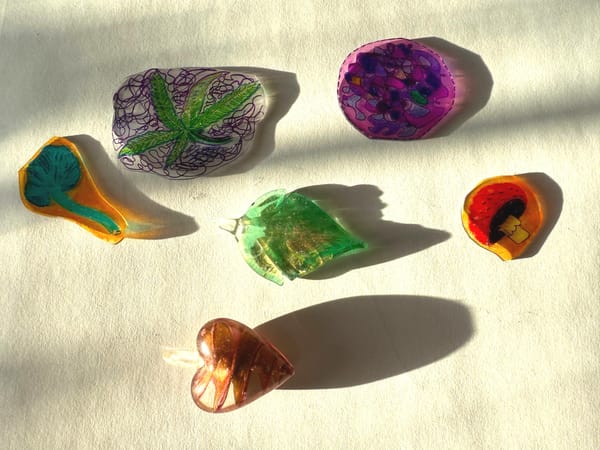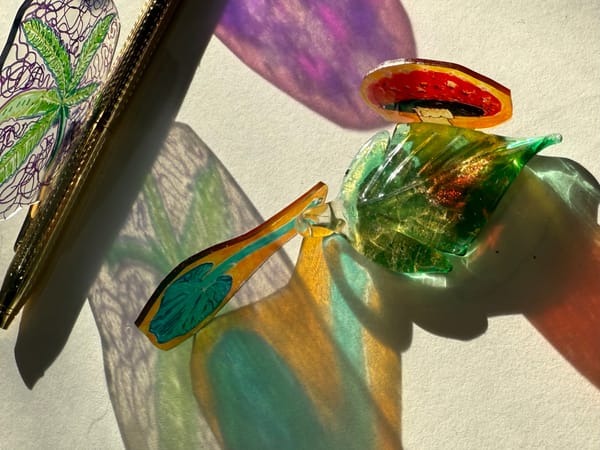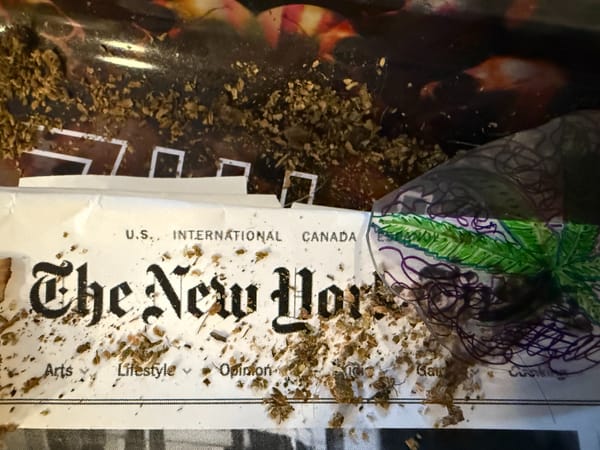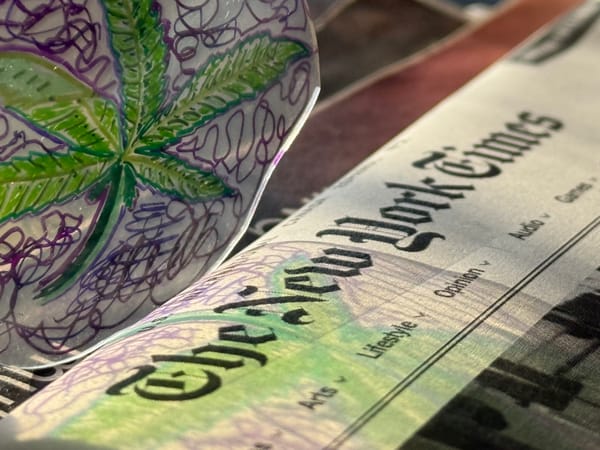Is cannabis becoming a bipartisan issue?

Lots of things have happened in my lifetime that I didn't think were possible. Gay marriage, the first Black president, Dolly Parton cloning her dog, $25 burgers at middle-of-the-road-ish restaurants. Some amazing, some bad, some bizarre, all unexpected. But a Republican presidential candidate suggesting he's open to cannabis reform ... that's pretty up there.
That happened yesterday when Trump said this:
As we legalize [cannabis] throughout the country—whether that’s a good thing or a bad thing—it’s awfully hard to have people all over the jails that are in jail right now for something that’s legal,
Whether he actually means it is questionable. Some have taken these comments to mean that Trump supports decriminalization of cannabis, others point out that his campaign has not taken a clear stance on the issue. But the previous Trump administration was decidedly anti-cannabis.
Jeff Sessions, who served as attorney general under Trump, wrote that "marijuana is a dangerous drug and that marijuana activity is a serious crime" in a 2018 memorandum commanding federal prosecutors to continue to devote more energies to cannabis-related crimes in "a return to the rule of law." Session's order nullified the Cole memorandum, which outlined an Obama-era policy requiring federal law enforcement to leave state-legal cannabis programs alone.
Some pro-pot Trump supporters argue that the former president first began to show support for legal cannabis when he signed the 2018 Farm Bill, which implicitly legalized a variety of hemp products. But, in reality, Republican supporters of the bill completely misunderstood the implication of the law and did not realize it would lead to a booming market for all kinds of weed—so long as it doesn't contain more than trace amounts of delta 9 THC.
There are plenty of reasons that conservative politicians might want to keep the war on drugs alive and well. As long as cannabis remains illegal, our tax dollars will continue to go to police arresting cannabis users and to prisons locking them up. State governments spent over $3.6 billion on cannabis possession enforcement in 2010, according ACLU report.
But the fact that Trump even thinks it's a good idea to even suggest he supports cannabis illustrates a drastic cultural shift. And so does the fact that many conservatives, including self-proclaimed warriors against "the Deep State and Communism in America" are excited about his comments.
It should be legal.
— 🇺🇸 Redpill Robbie 🇨🇦 (@11B_RedPillRob) August 8, 2024
I'm a combat vet.
A husband.
A father.
A Christian.
Not a pothead.
But a joint before bed has done better for my sleep and mental that any of the garbage the VA has ever prescribed me.
Trump said he’s starting to “agree a lot more” that people shouldn’t be arrested for marijuana given that it’s being legalized across the country
— DC_Draino (@DC_Draino) August 8, 2024
Says he’ll be making a big announcement soon
Is Trump planning to decriminalize cannabis at the federal level?
If so, this… pic.twitter.com/xssoKZOxcX
It’s almost like we’re gonna get a W no matter how this election shakes out. https://t.co/awfMBk33UF
— Texas Cannabis Collective (@txcannaco) August 8, 2024
These responses line up with recent data showing that most Republicans now actually favor some form of legal cannabis. Of course, some Republicans are still repeating Regan era wisdom about marijuana being a gateway drug and a danger to the children, but those might tend to be be older Republicans. 57% of Republicans between the ages of 18-19 support legal cannabis for medical and recreational use, while only 34% of Republicans ages 65-74 do.
Republican politicians, on the other hand, are still likely to oppose legal cannabis. 11 Republican State Attorneys general signed a letter last month opposing cannabis rescheduling, which would allow the FDA to approve cannabis-based drugs. This summer, House Republicans also fought efforts to allow cannabis dispensaries to access financial services .
As Republican voters are increasingly supportive of cannabis legalization, will more politicians fall into line? The next few months should be interesting.
Want more of the latest on cannabis? Subscribe! And be sure to check your spam folder if you don't receive a confirmation email!



